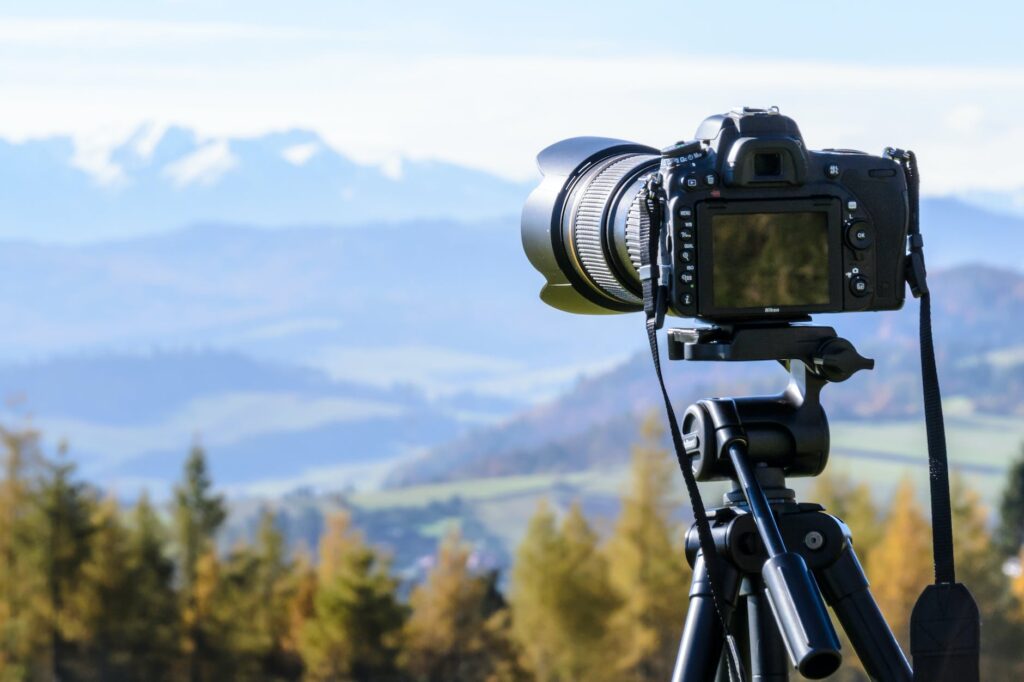
Introduction
Photography is a passion for many, but it can also be a very rewarding hobby. It takes time to learn the skills needed for good photography, but with practice and dedication, you can become an expert in this field. Here are some tips that will help you improve your photography skills:
Know Your Equipment
- Know how to use your camera
- Know how to use your lens
- Know how to use your flash (if it’s an external flash)
Learn The Zone System
The zone system is a way to understand light. It was developed by Ansel Adams in the 1940s and 50s, and it assigns values to different parts of a photograph using exposure stops.
The concept behind this method is that you can create an image that has detail in both dark and bright areas of your photos. When you understand how to use this tool, it will help you take better pictures.
Understand The Histogram
Understanding the histogram is a key step in learning to take better pictures. The histogram shows you how much of the image is dark, medium, or light. If you want to capture shadow detail and avoid blown-out highlights, then it’s essential that your histogram not only be balanced but also peak towards the right side of the graph. You may have seen this technique referred to as “exposing for the shadows.” This means that if your subject happens to be wearing black clothes, then make sure that they’re exposed correctly relative to their surroundings—there shouldn’t be any clipped reds or washed out whites!
Learn How To Use Metering Modes
Metering modes are a way of measuring the light in your scene that can make all the difference when it comes to getting an accurate exposure. The three different metering modes on most cameras—evaluative, center-weighted, and spot—each give you different feedback about how much light is in each part of your frame.
The most common metering mode for beginners is evaluative (sometimes called matrix), which meters for everything within its viewfinder at once and then applies an autoexposure algorithm to determine the best overall exposure for your photo. This works well if you have a lot of variation in tone throughout your photo (like if it’s mostly dark with only one bright spot), but it may not work so well if there’s more than one point at which you want more detail captured: If your subject is backlit or has very dark skin and clothing, then this will cause problems because it’ll try to expose evenly throughout all areas that aren’t pure white or black (which may still include some parts of their face).
Give your photography skills a boost with these photography tips.
- A good photographer is a student of the subject and learns from others
- Never stop learning, even if you have been shooting for years
- Read as much as you can about photography, but also practice and shoot a lot too
- Learn from your own mistakes, there is no shame in making them if we learn from them
Conclusion
Hopefully, we’ve given you some good tips on how to get started with photography. The best thing about learning how to capture your own images is that there’s no limit to where your creativity can take you—and if you follow these tips, we know that you’ll be able to make beautiful photos for many years to come!